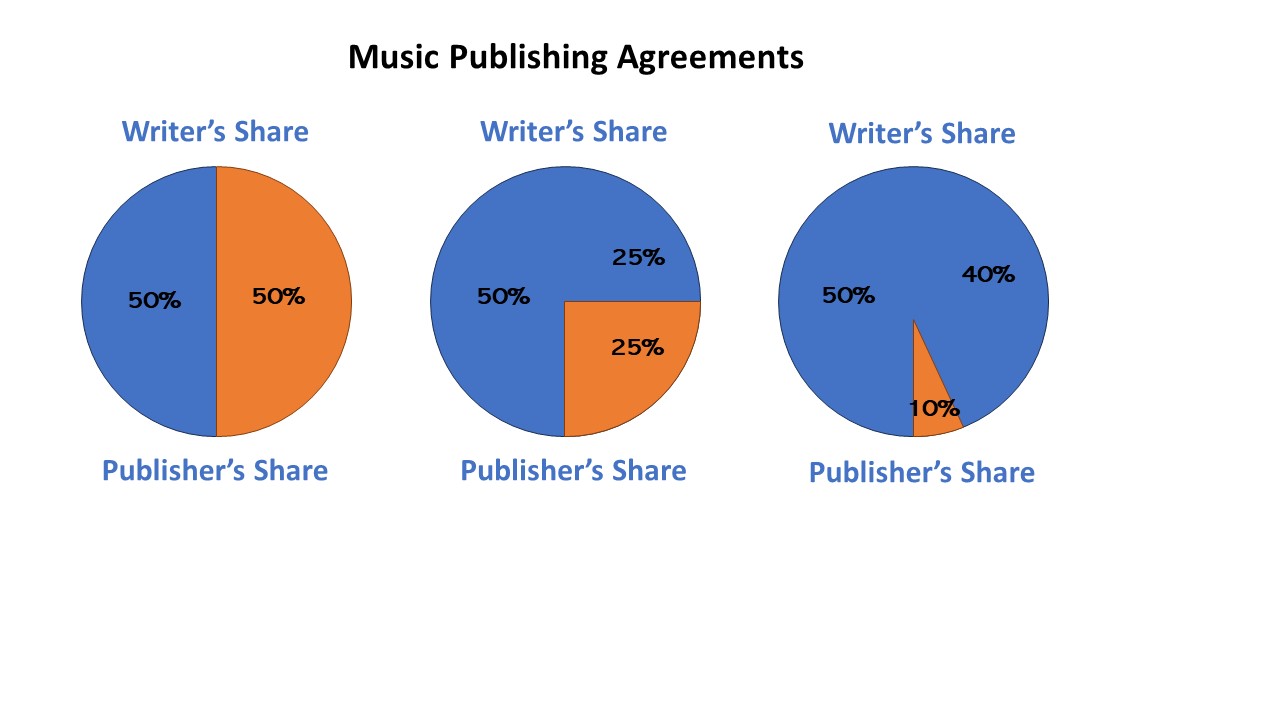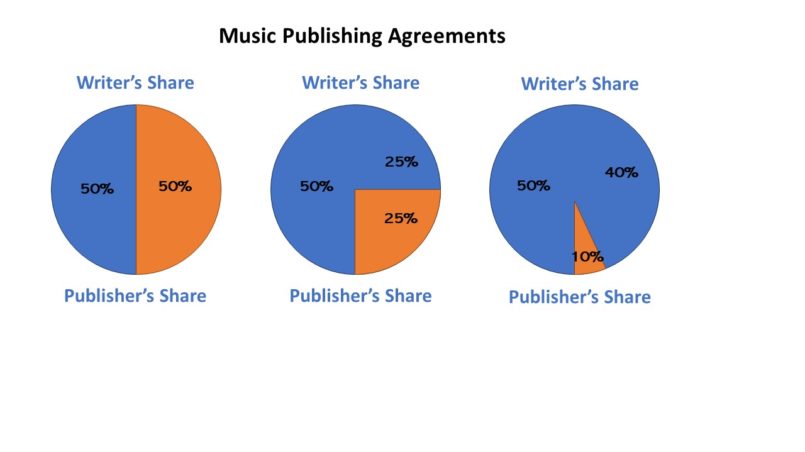In order to use any copyrighted intellectual property (in this case your beats) the user needs to pay royalties to you as the copyright owner.
This process is called “clearing” and when successful, while provide the permissions to use the intellectual property.
2 Types of Copyrights
First we need to distinguish between two types of copyrights: The “Master” copyright and the “Composition” copyright.
While the “Master” is all about the the recording (audio), the “Composition” is all about the notes that make up the track.
For better understanding, here are two common examples:
- A song cover: A cover is a new recording of an existing composition. To be cleared, only the composition (publishing) part needs to be taken care off.
- A sample used in a song: A sample is a portion of a recording (“Master”), which is used to create a new “Master”. Here, both copyrights need to be cleared before releasing a song.
Now, especially for artists, this is very important:
The person (or label) who pays for the studio time during which the track is recorded owns the “Master” and thus the copyright!
Producers get paid based on both copyrights:
- They get paid via “producer points” for their share in the copyright of the “Master”/recording (since you produced the audio of the beat)
- In order to use the recording one needs to get the rights from the owner of the “Master” via a Master Use License.
- They get paid via “publishing royalties” for the composition of the beat
We will cover the “publishing royalties” further:
2 Shares of royalties for the Composition
So now that we have learned about the two musical copyrights, we will move on to the royalties that you will earn from your share in the composition copyright.
Each time a new track is created there are two royalties that are associated with it.
The “Writer Share” (50%) and the “Publisher Share” (50%).
Track (100%) = Writer Share (50%) + Publisher Share (50%)
Don’t be confused, all though it is called “publishing royalties” it includes both writer and publisher shares.
Roughly explained, you are the writer, and the person or company that represents your interest is the publisher.
When you don’t have a publisher, you represent yourself and thus own both shares
Your “Writer” share cannot be assigned to someone else and it is collected for and distributed to you via Public Performance Organizations (PROs) like BMI or ASCAP.
Now, let’s get to the publisher share.
The publisher’s responsibility is to get the most “bang for your bucks” by representing you and take care of everything for you.
In return, the publisher will get a portion of the publisher share as a “salary”.
3 Type of publishing deals

Full-publishing deal (Also called Buy-Out Agreement) – No Publishing Royalties for you
The publishing share (50%) is fully assigned to a company. The songwriter is only left with the “Writer share” (50%) while the complete “Publisher share” is given away.
Co-Publishing Deal
– Split Publishing Royalties
The publishing share is split (25%/25%) between the songwriter and the company. The songwriter is left with the “Writer share” (50%) and publishing share 25%, while the other 25% of the “Publisher share” is given away.
Administration Deal
If the publisher only collects and audits royalties on your behalf it is called a administration deal.
This is the case for Songtrust.
You keep 100% and thus full control of the copyrights but agree to pay the publisher a “administration fee” of 10-25% of your publisher share.
3 Type of music publishing royalties
Okay, so we got the two copyrights down, the two categories of royalties, now let’s dig deeper into the publishing royalties.
Again, let’s repeat our intro: “In order to use any copyrighted intellectual property (in this case your beats) the user needs to pay royalties to you as the copyright owner.”
There are three types of publishing royalties you can get paid and the rights that are granted via royalty payments:
- Mechanical royalties (right to reproduce a composition through the process of recording, manufacturing, and distributing the work”
- Mechanical royalties only generate royalties of the publisher share
- Public performance royalties (right to perform copyrighted musical composition)
- Performance royalties generate royalties of the publisher and the writer share
- Synchronization (right to use the compositon for adverts, movies or TV shows)
- Technically, these are synchronizatio fees and not royalties: The licensee pays them to you to clear your share of the publishing share.
*This is an affiliate link. That means, that if you choose to sign up with the service I will receive a commission that will help me to support running this website.


4 Comments